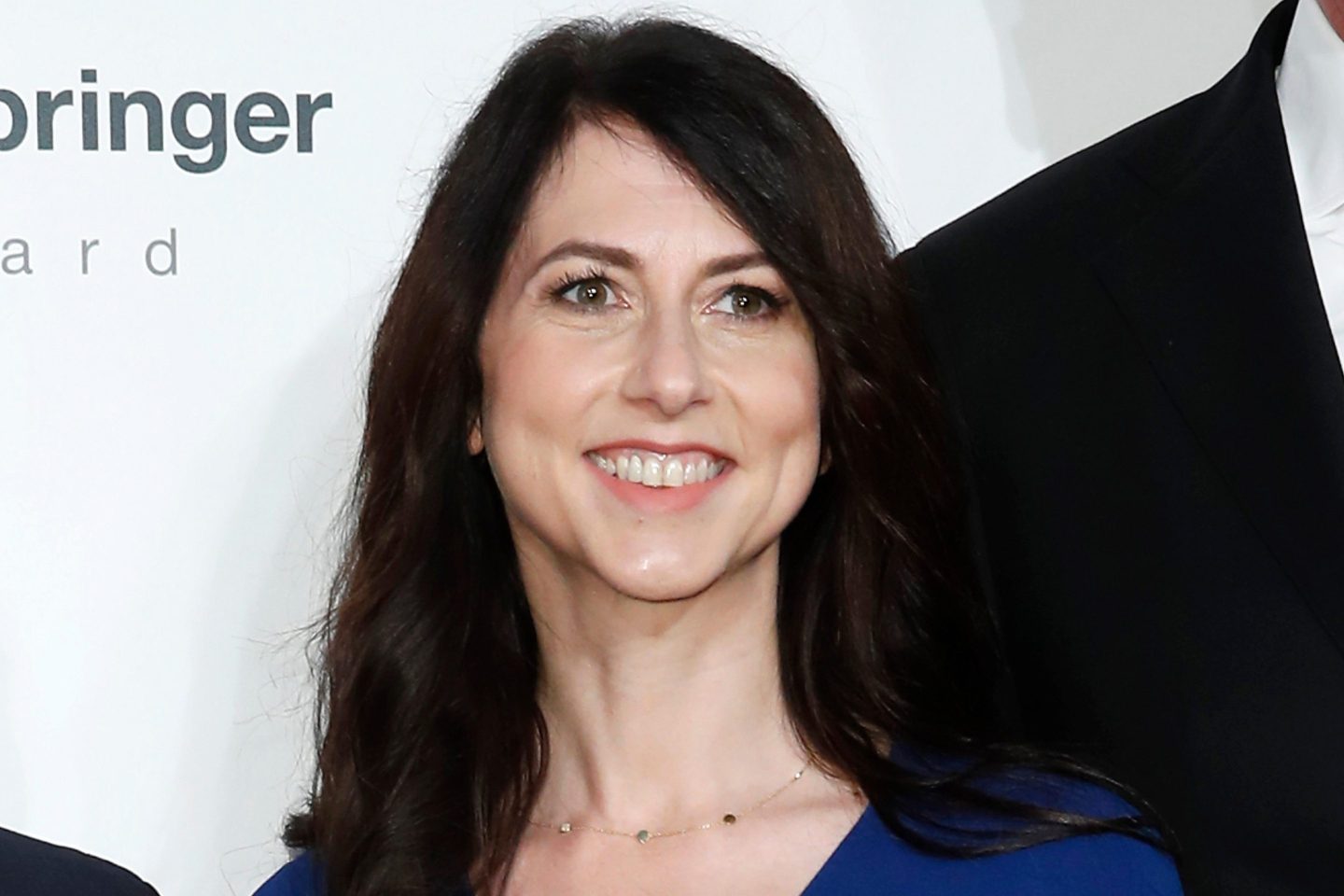The surge in popularity of weight-loss aiding drugs like Ozempic has not harmed demand for sugary drinks and salty snacks as widely predicted—at least not yet, if you believe the company behind Pepsi cola and Lay’s potato chips.
“So far, the impact is negligible in our business,” PepsiCo CEO Ramon Laguarta told investors during a quarterly earnings call on Tuesday. “Obviously we’re looking at this along with many other positive and negative potential risks for our business.”
His comments were rosier than those of a top Walmart exec, who last week attested to a “pullback” in U.S. demand for the kinds of unhealthy foods associated with cravings, albeit only a slight one.
Wonder drug Ozempic and its chemical twin, Wegovy, which specifically targets weight loss rather than diabetes, have taken America by storm. In the process they have catapulted the market cap of drugmaker Novo Nordisk to over $400 billion—just behind the world’s most valuable bank, JPMorgan Chase, and nearly as large as the economy in its own native Denmark.
Semaglutides like Ozempic mimic a hormone called glucagon-like peptide-1 (GLP-1), slowing the movement of food from the stomach into the small intestine. As a result, consumers may feel full faster and longer, so they tend to eat less, according to the Mayo Clinic, a nonprofit medical care provider.
For an industry that has chemically perfected the precise balance of salt, sugar, and fat needed to induce and maintain food cravings, GLP-1 drugs like Ozempic could pose a potentially acute threat.
Investors told to short junk-food stocks
Investment bank Barclays went so far as to recommend this month that investors actively bet against the stock price of junk-food purveyors by shorting their shares, typically a high-risk undertaking given the upward sloping chart of most S&P 500 companies.
Shares in PepsiCo, currently worth around $230 billion, closed nearly 2% higher on Tuesday. Yet they are down nearly 9% since the start of this year, while Coca-Cola has shed 16% of its value. Both are hefty underperformers when compared with a 14% gain in the broader benchmark index since January.
PepsiCo’s Laguarta acknowledged that GLP-1 drugs could pose headwinds going forward, but said his company was taking the necessary measures to protect its business five and even 10 years from now by tweaking its products.
“Everything we’ve been doing for the last five, six years when it comes to reducing sodium, reducing fat, reducing sugar, reducing the portions of our products, adding some new cooking methods to our snacks,” he said, “will help us deal with the portfolio if needed in the future.”
Fresh from raising annual earnings guidance a notch on Tuesday, Laguarta was also quick to point out that other prevailing lifestyle trends were moving in a direction favorable for his business.
“People [are] snacking to eat,” he said, “so meals [are] becoming more mini-meals and much more unstructured during the day.”













